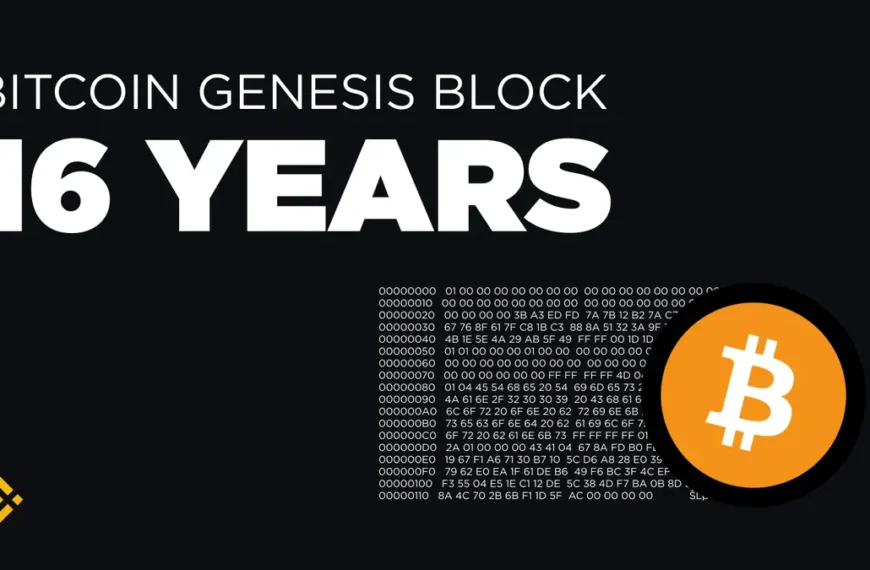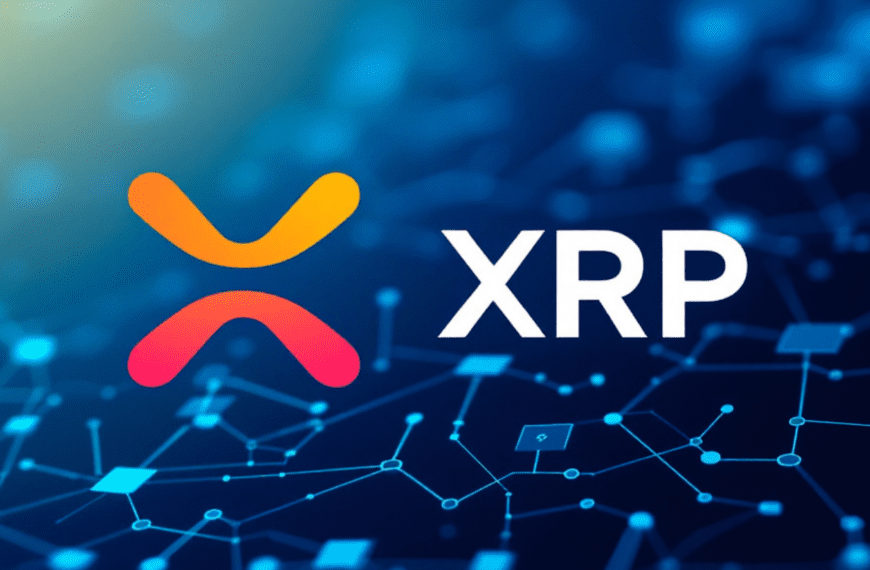Dennis Porter, co-founder and chairman of the Satoshi Action Fund, a non-profit organization, recently shared exciting news about Bitcoin initiatives in U.S. states. On December 7, he announced on X that a 14th state is set to introduce legislation for a “Strategic Bitcoin Reserve” (SBR).
BREAKING: A 14th state is now poised to introduce ‘Strategic Bitcoin Reserve’ legislation.
— Dennis Porter (@Dennis_Porter_) January 7, 2025
Porter had previously revealed that he was collaborating with 13 states to propose the creation of an SBR. He has played a key role in helping various states pass pro-Bitcoin laws in the past, and his current lobbying efforts are focused on establishing SBRs in additional states.

Porter Outlines Step-by-Step Process for “Strategic Bitcoin Reserve” Legislation
Porter shared that many people have asked him when the process for “Strategic Bitcoin Reserve” legislation will begin at the state level, leading him to outline a step-by-step plan that most states are likely to follow. According to him, a proposed bill can start in either the state’s House or Senate. Once introduced, the bill must first pass an initial hearing, where a small group of lawmakers decides if it should move forward.
People often ask me: “when will the process start for ‘Strategic Bitcoin Reserve’ legislation at the state level”.
I will break down what to expect over the coming months. In most states, it will follow the 6 step process below:
1. A bill can be introduced in the House or the…
— Dennis Porter (@Dennis_Porter_) January 7, 2025
To move ahead, the bill generally needs a simple majority in that hearing. If it passes, it moves to a floor vote in the same legislative chamber. If it gets a majority in that vote, the bill advances to the second chamber, where it undergoes another hearing and floor vote.
If the bill passes the second chamber, it is sent to the Governor for approval. Porter pointed out that if the Governor signs the bill, it becomes law. However, he emphasized that the process is fragile, with many potential obstacles that could derail the bill at any stage, making continuous advocacy essential to its success.
Porter explained that legislative action in most states will begin this month, noting that “In most states, this process starts now.” He added that most states have short legislative cycles, with part-time legislatures that meet for just a few months. As a result, the legislative work will move quickly over the next six months, with proposals facing intense discussions, negotiations, and votes in a short period, leaving little room for delay or mistakes.
Porter referred to these deadlines as a “forcing mechanism for action,” explaining that the fast-paced nature of state-level legislation means bills either move forward quickly or fail just as fast. He noted that by summer, many states will have either passed or rejected a strategic Bitcoin reserve due to the short and decisive legislative cycles in these areas.
However, he pointed out that not all states follow the same timeline. States like Ohio and Pennsylvania have year-round legislatures, giving lawmakers more time to work on or amend proposals. While this allows more flexibility, it can also delay the process.
To address these differences, Porter explained that the multi-state effort involves working on similar bills in each state, allowing each legislature to move at its own pace. This strategy increases the chances of success by using the momentum from one state’s progress to help push the legislation forward in others.
Disclaimer: The content provided here is for educational purposes only and is intended to raise awareness about cryptocurrency and blockchain technology. It should not be considered as financial or investment advice. Before investing in any cryptocurrency or token, we strongly encourage you to conduct thorough research, understand the associated risks, and make informed decisions (DYOR – Do Your Own Research). For detailed guidance, consult a qualified financial advisor.















